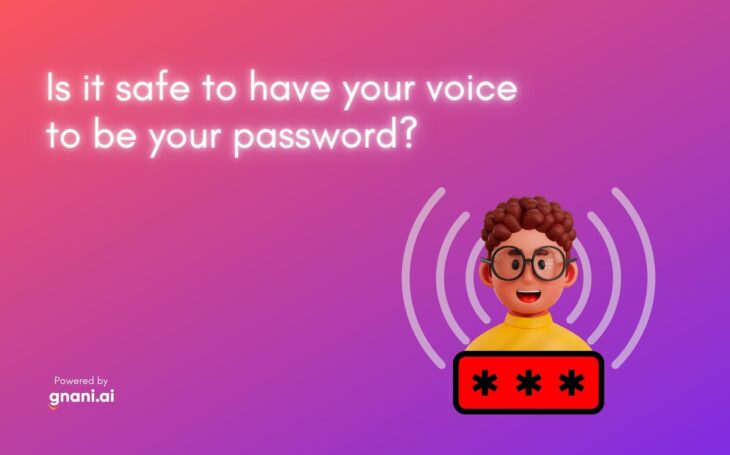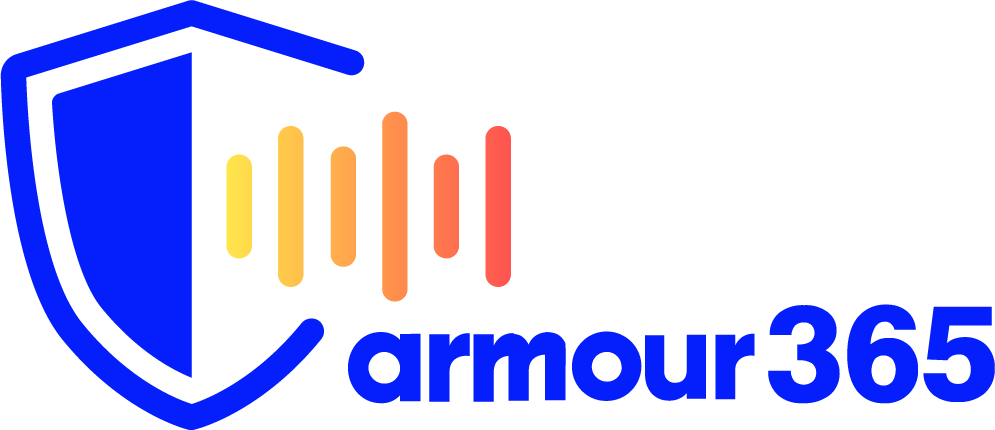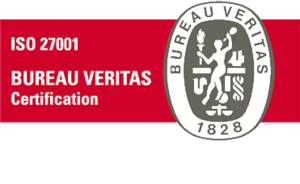
There’s no doubt that biometrics are becoming an increasingly popular way to authenticate ourselves, whether it’s through our fingerprints, irises or even our voices. But is it really safe to use our voices as passwords?
On the one hand, using our voices as passwords could add an extra layer of security, since it would be much more difficult for someone to impersonate us. Additionally, biometric authentication systems are generally considered to be more reliable than traditional password-based systems.
5 Problems with having your voice be your password:
- Your voice can be recorded and reproduced:
Unlike other biometric data such as fingerprints or iris scans, our voices can be easily recorded and reproduced. This means that if someone gets ahold of your voice recording, they could potentially access your accounts.
- Your voice can be spoofed:
Another issue with using our voices as passwords is that they can be spoofed fairly easily. This means that someone could potentially imitate your voice and gain access to your accounts.
- Your voice can change over time:
Our voices can also change over time, due to things like illness, age or even just emotional stress. This means that a voice-based authentication system might not be able to recognize you if your voice has changed.
- Background noise can interfere with your voice:
Background noise can also interfere with the accuracy of a voice-based authentication system. For example, if you’re in a noisy environment, the system might not be able to hear you properly or distinguish your voice from the background noise.
- Voice-based systems can be expensive:
Finally, voice-based authentication systems can be quite expensive to develop and maintain. This is due to the fact that they require sophisticated voice recognition software and hardware, which can be costly.
On the other hand, however, there have been some concerns raised about the safety of using biometrics, including our voices, as passwords. For example, it’s possible that someone could record our voices and then use those recordings to gain access to our accounts. Additionally, biometric authentication systems can sometimes be tricked by so-called “spoofing” attacks, in which an attacker uses a fake biometric to gain access.
How to protect yourself:
If you’re concerned about the safety of using your voice as a password, there are some steps you can take to protect yourself. For example, you can use a voice-based authentication system that requires both your voice and a PIN or password. Additionally, you can make sure to use a reputable and well-protected biometric authentication system. Finally, you can keep your biometric data safe by storing it in a secure location, such as on an encrypted device or in a secure database.
So, what’s the verdict? Is it safe to use our voices as passwords?
Overall, biometrics are generally considered to be more secure than traditional password-based authentication methods. However, there are some risks associated with using our voices as passwords that we should be aware of. Ultimately, whether or not it is safe for us to use our voices as passwords depends on our own individual security needs and preferences.
In conclusion, while there are some risks associated with using our voices as passwords, overall, the benefits seem to outweigh the risks. Biometric authentication systems are generally considered to be more reliable than traditional password-based systems and using our voices as passwords can add an extra layer of security to our accounts. However, it’s important to use a reputable and well-protected biometric authentication system and to keep our biometric data safe.
Thank you for reading! I hope this article has been helpful. Please feel free to leave any comments.




